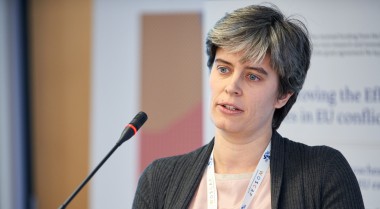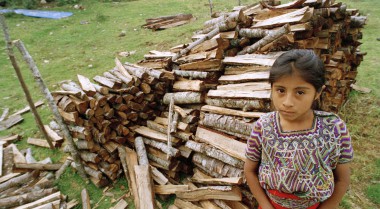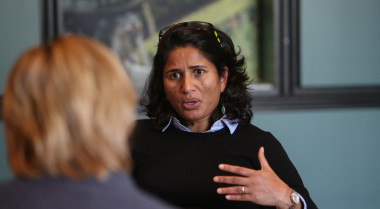WOSCAP Report on Local Ownership Challenges in Peacebuilding & Conflict Prevention
WOSCAP (Whole of Society Conflict Prevention and Peacebuilding)* is a project aiming at enhancing the capabilities of the EU to implement conflict prevention and peacebuilding interventions through sustainable, comprehensive and innovative civilian means. It assesses current capabilities, and identifies gaps, best practices, lessons learned and research priorities. The WOSCAP consortium brings together academic institutions with peacebuilding practitioners. GPPAC is the project coordinator and GPPAC members participate as associates, supporting the project with a wide pool of experienced practitioners in the area of conflict prevention.
This report about the challenges of local ownership in peacebuilding and conflict prevention was compiled by the WOSCAP partners from the London School of Economics and Political Science.
Local ownership is one of the guiding norms of contemporary peacebuilding and conflict prevention. To help advance understanding and address the shortcomings and challenges of translating this concept from policy ideal to good practice, this report adopts two perspectives. One is a problem solving perspective which examines the practical difficulties evidenced in attempts to implement local ownership policies by the European Union (EU) and other actors, which arise from a combination of conceptual confusions and process issues. The other perspective questions at a deeper level how local ownership is constructed as a practice and discourse within EU civilian peacebuilding and conflict prevention policies. From this more fundamental perspective, which reflects a Whole of Society approach to EU peacebuilding and conflict prevention capabilities, local ownership is proposed as a deep engagement, and ‘thick conversation' between locals and external peacebuilders, which takes account of the diversity and complexity of actors, processes and relationships and the multiple positions each constituency adopts towards the conflict.
The report analyses local ownership in terms of the EU's ability to leverage the density and complexity of local society and build positive social capital in response to conflict. It uses examples of the private sector and religious organisations as significant constituencies which are under-represented in current approaches.
The report's main finding is that existing approaches to local ownership fail to capture – or sometimes even acknowledge – the deep-seated difficulties of aligning with the variegated and fluid nature of local society, and its creative possibilities. Based on these examples, the Whole of Society perspective suggests that the promise of local ownership in international interventions is best served through identifying appropriate spaces of action within local society, and an adjustment of programming parameters to enable the EU to complement the efforts of domestic actors. See the full report here.
* WOSCAP has received funding from the European Union's Horizon 2020 research and innovation programme. This report only reflects the views of the author(s), and the EU is not responsible for how the information may be used.


